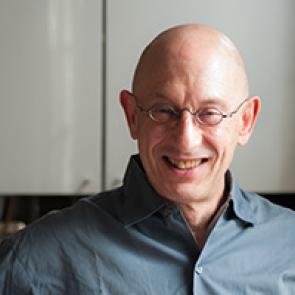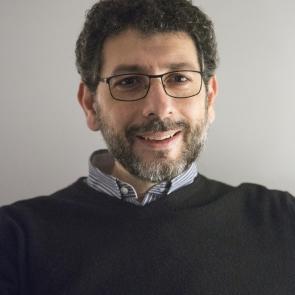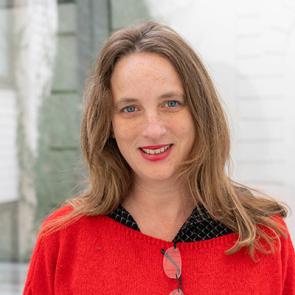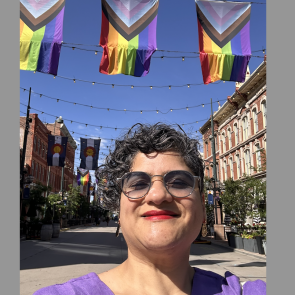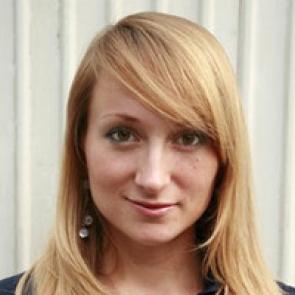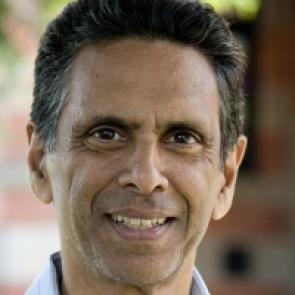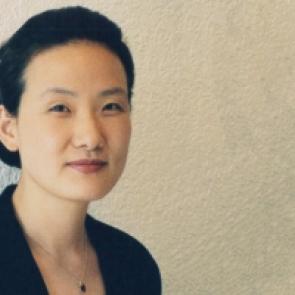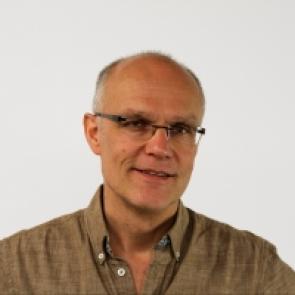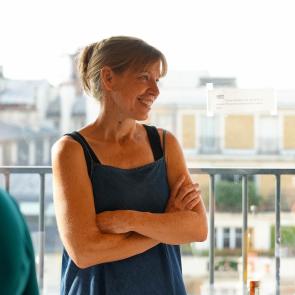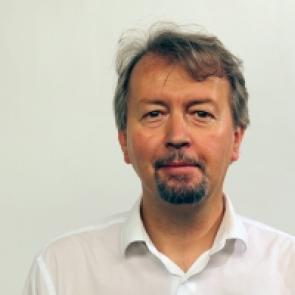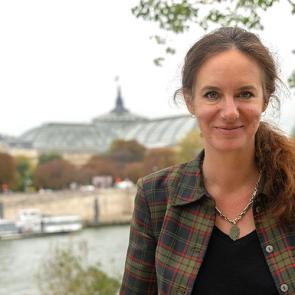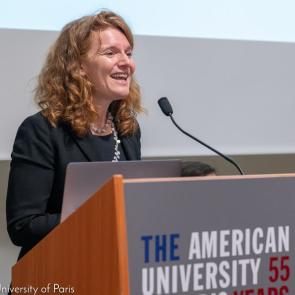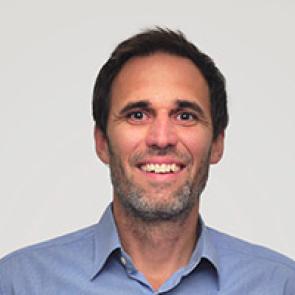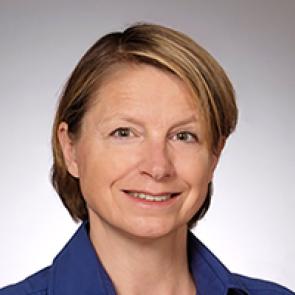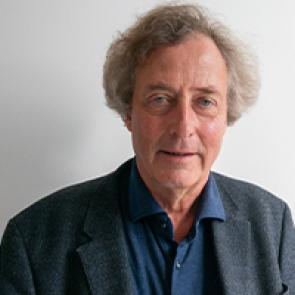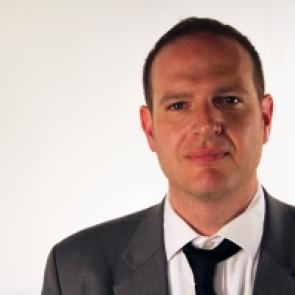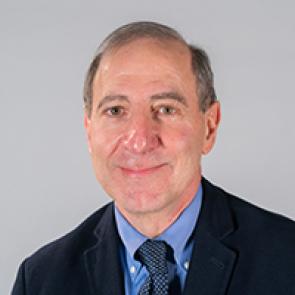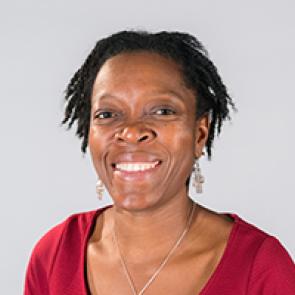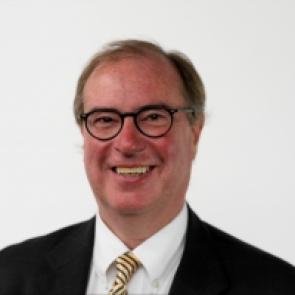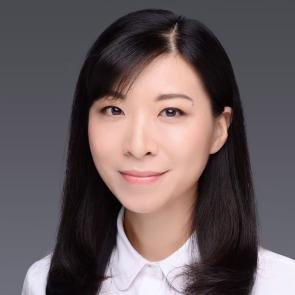Faculty
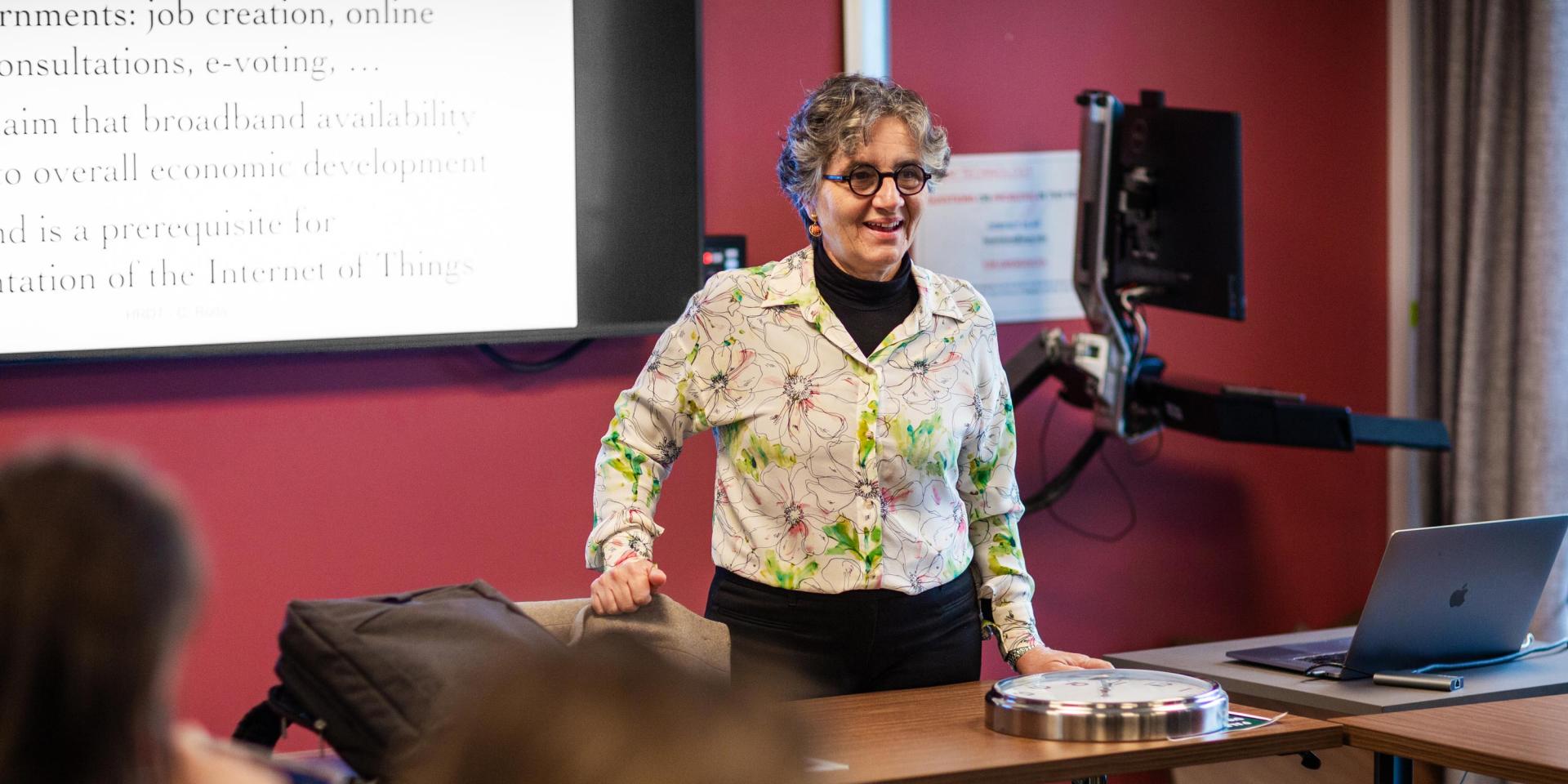
AUP’s faculty are international in multiple senses: they come from and have studied, lived and worked all over the world; more than 68% of full-time faculty members speak three or more languages; and many also have a wealth of experience working in top-level positions within international environments. Their professional and academic careers – often led simultaneously – see them regularly interact across borders, cultures and languages, making them extremely well placed to help students develop the skills and tools necessary to do the same.
Their research interests are closely tied to the suite of subjects AUP offers at the master’s level, and their specialisms offer intriguing new perspectives on such subjects. They employ their international networks of academics and professionals to expose students to industry-leading contacts by way of collaborative research projects, guest lectures and hands-on practicums.

Professor Albert Cath, for example, is Director of the MSIM program; his focus on the management of complexity allows students to explore complex global events such as climate change and the Covid-19 pandemic through discussions on ethical management practice. These discussions then led to a collaborative publication project with students.
Faculty also both speak at and host international conferences covering topics at the forefront of social, cultural, political and historical issues, from the use of imagery in Holocaust studies to marginalization and hate speech in the luxury fashion industry.
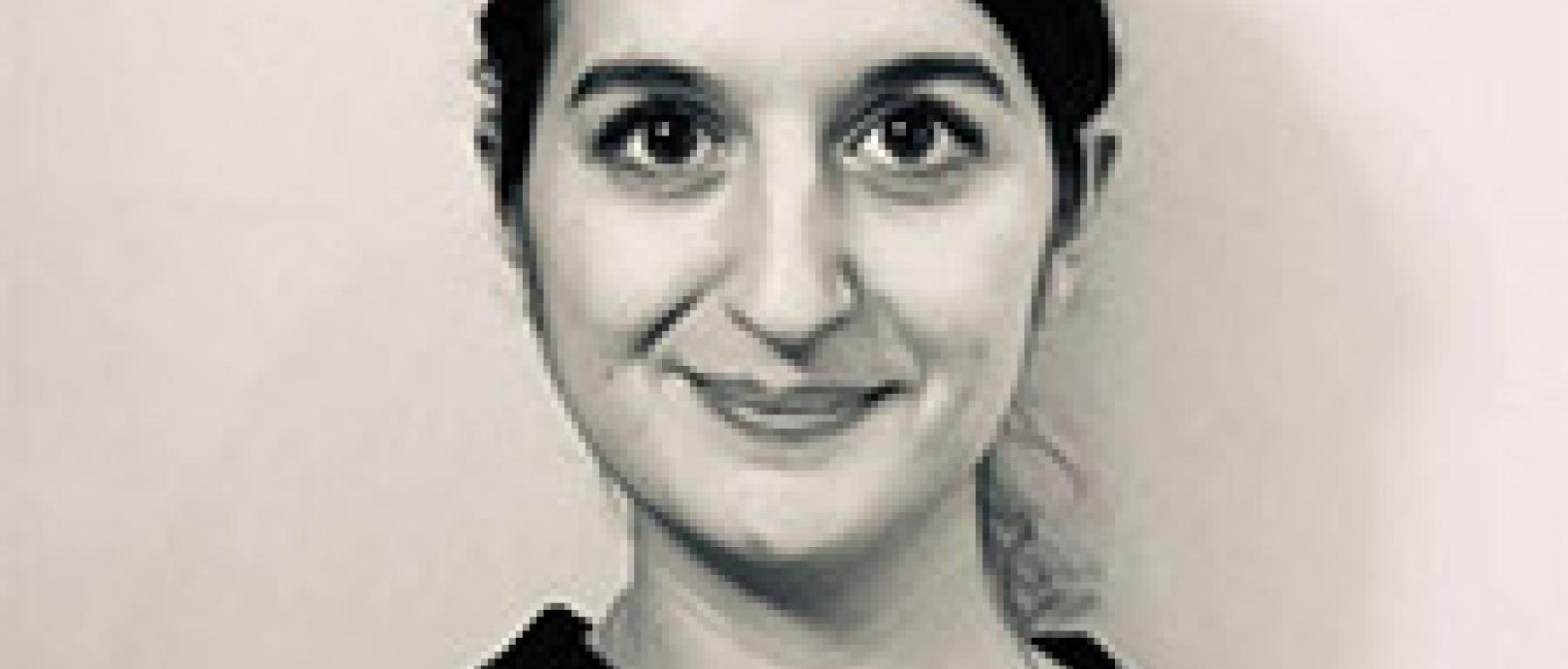
Faculty Spotlight: Sophie Kurkdjian
Professor Kurkdjian is leading sustainable fashion education at AUP, where environmental consciousness, social responsibility, and ethical consumption shape the conversation and the future of the industry.
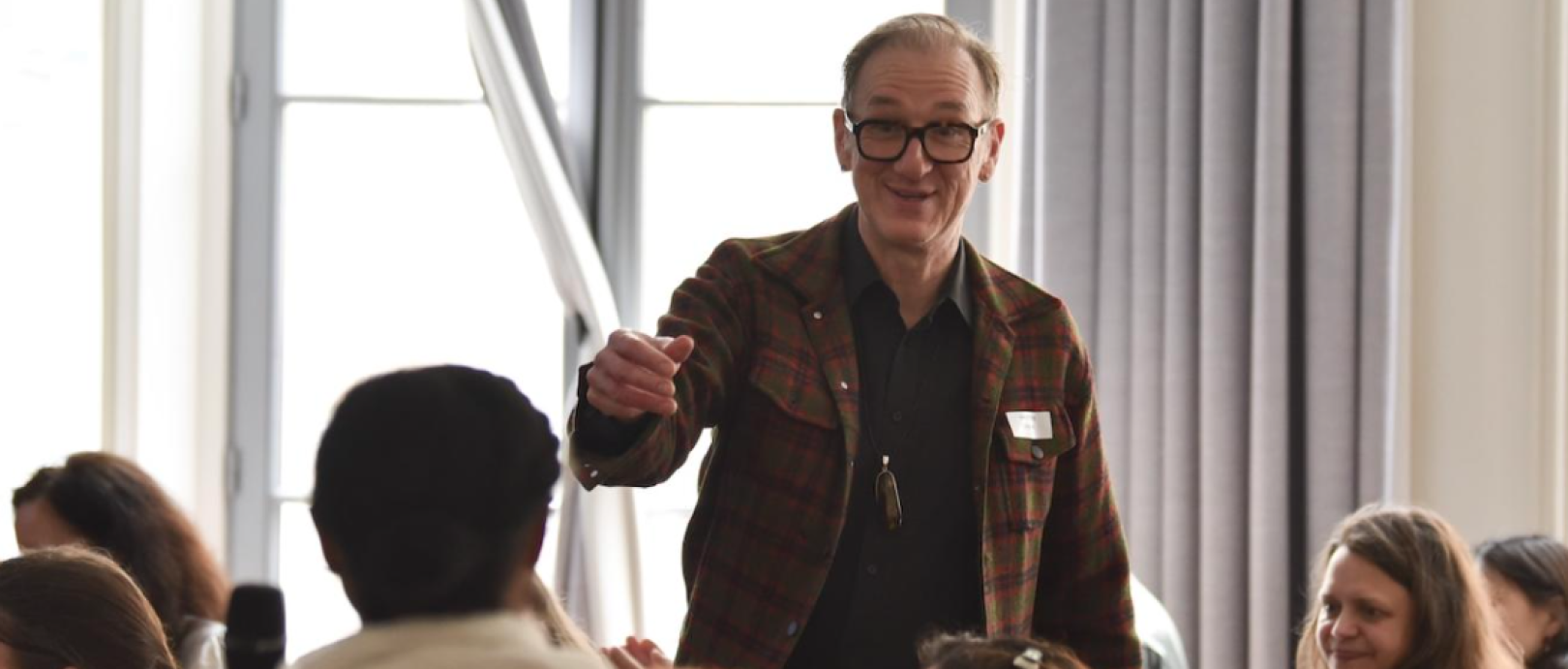
Professor Geoff Gilbert : Reading, Writing, Experiencing (in) Paris
For AUP Professor Geoff Gilbert, literature and creative writing are investigative, experimental and embodied practices.
Scholars and Mentors
At AUP, classes aren’t led by teaching assistants – students are taught directly by faculty in small classes of between five and fifteen. Our emphasis on student–faculty collaboration means students have daily interaction with professors, often working closely together on research and other professional projects.
Faculty both organize and attend study trips, traveling to destinations alongside students. They also explore and analyze the educational process through their own research, tying these roles of scholar and mentor together as exemplified by Professor Renate Stauss’s work on fashion education and Professor Hannah Westley’s exploration of student journalism during the Covid-19 lockdown.
“I loved how accessible the professors were...I was encouraged toward a deeper level of exploration, which challenged my preconceived notions of how development work happens.”
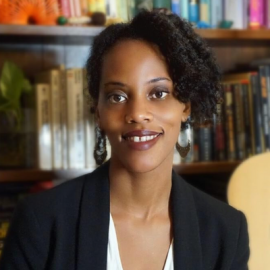
Alumni often talk of the close professional bonds they formed with professors through learning, collaborating and innovating alongside them. Faculty also regularly bring members of their professional networks into the classroom. This gives students the opportunity to learn by engaging directly with industry professionals, kickstarting the process of integrating their thinking into the context of international work culture.
Research with Impact
AUP professors work at the forefront of impactful global research and policy. Graduate students often work with faculty on projects impacting international policy issues – experience that gives them an immediate head-start when transitioning into international careers.
Professor Stauss and Professor Kurkdjian hosting a Fashion Industry Seminar
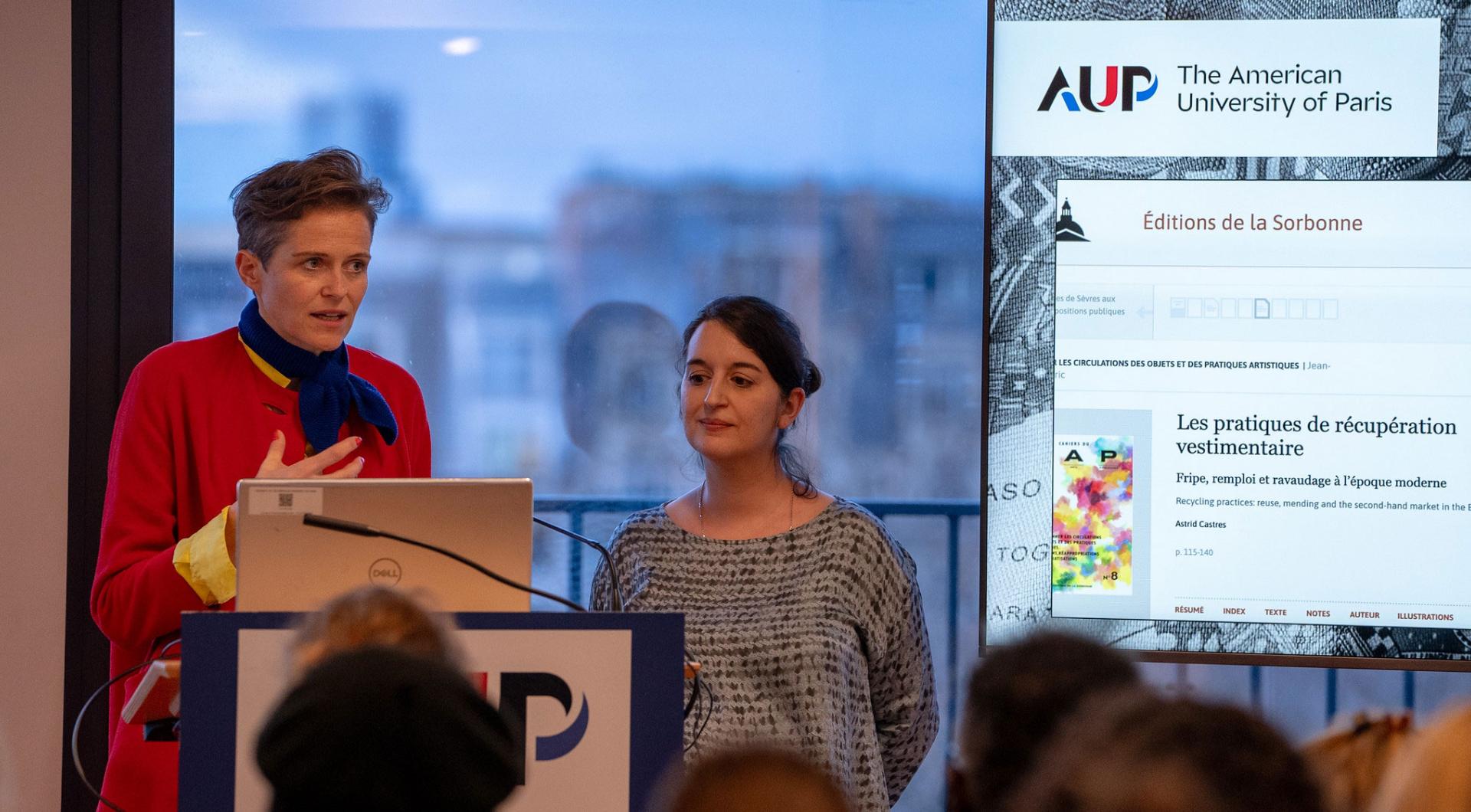
Learning on-site in Egypt
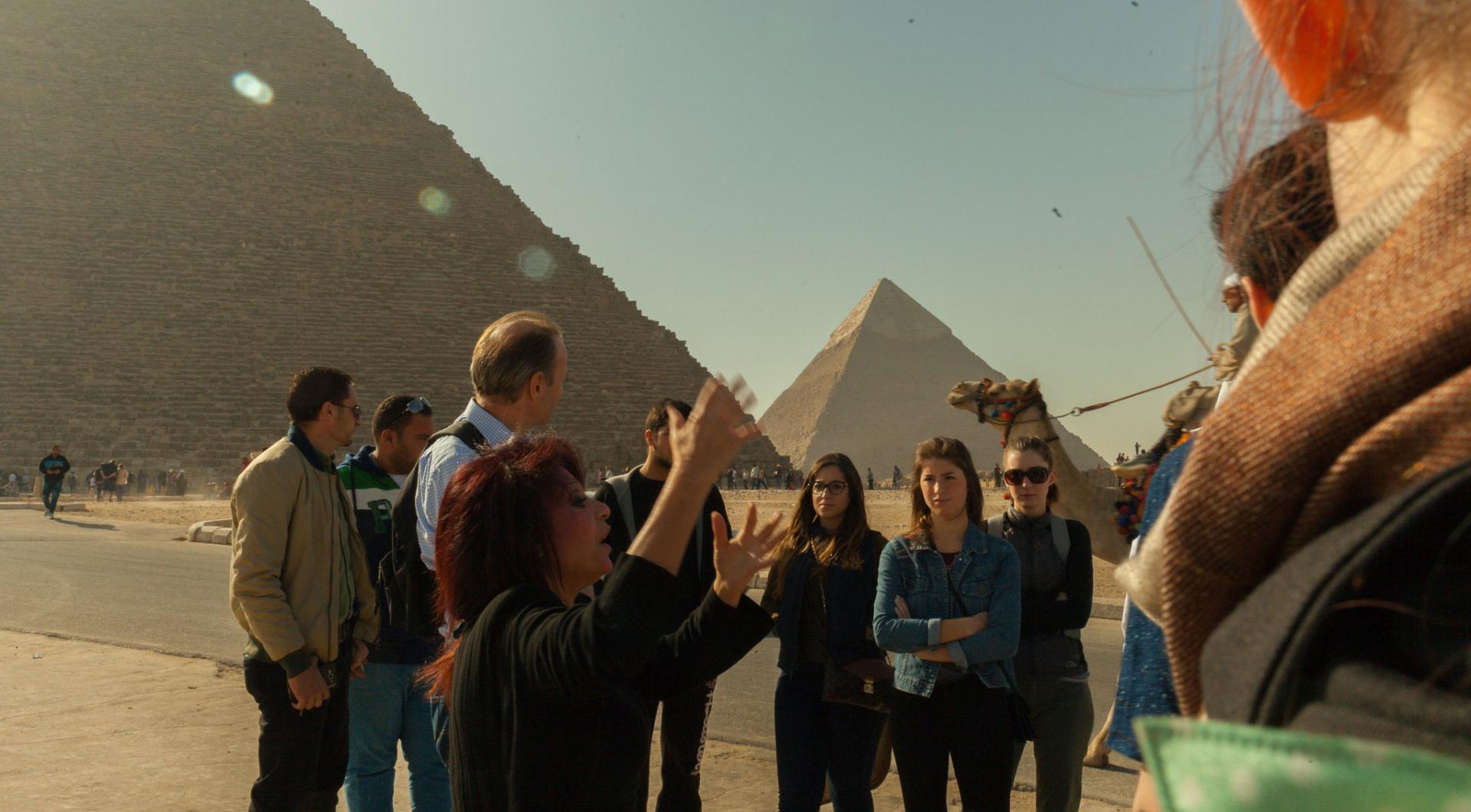
Faculty have one-on-one engagement with students
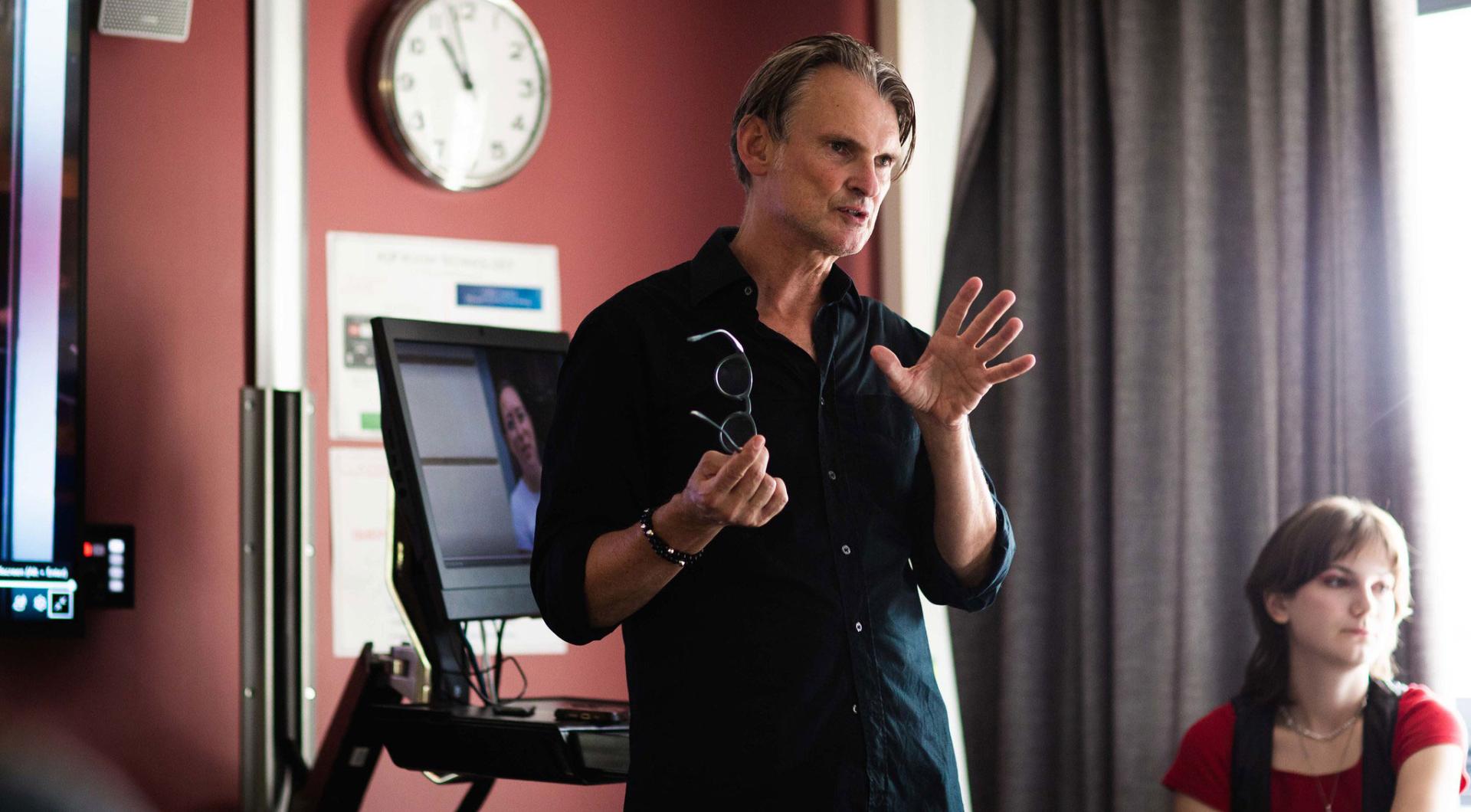
All Faculty
